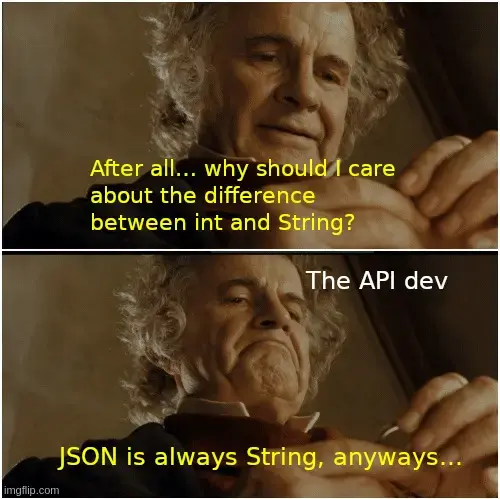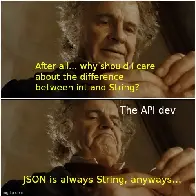As an example, Klipper (for running 3d printers) can update its configuration file directly when doing certain automatic calibration processes. The z-offset for between a BLtouch bed sensor and the head, for example. If you were to save it, you might end up with something like this:
[bltouch]
z_offset: 3.020
...
#*# <---------------------- SAVE_CONFIG ---------------------->
#*# DO NOT EDIT THIS BLOCK OR BELOW. The contents are auto-generated.
#*#
[bltouch]
z_offset: 2.950
Thus overriding the value that had been set before, but now you have two entries for the same thing. (IIRC, Klipper does comment out the original value, as well.)
What I'd want is an interface where you can modify in place without these silly save blocks. For example:
let conf = get_config()
conf.set( 'bltouch.z_offset', 2.950 )
conf.add_comment_after( 'bltouch.z_offset', 'Automatically generated' )
conf.save_config()
Since we're declaratively telling the library what to modify, it can maintain the AST of the original with whitespace and comments. Only the new value changes when it's written out again, with a comment for that specific line.
Binary config formats, like the Windows Registry, almost have to use an interface like this. It's their one advantage over text file configs, but it doesn't have to be. We're just too lazy to bother.


